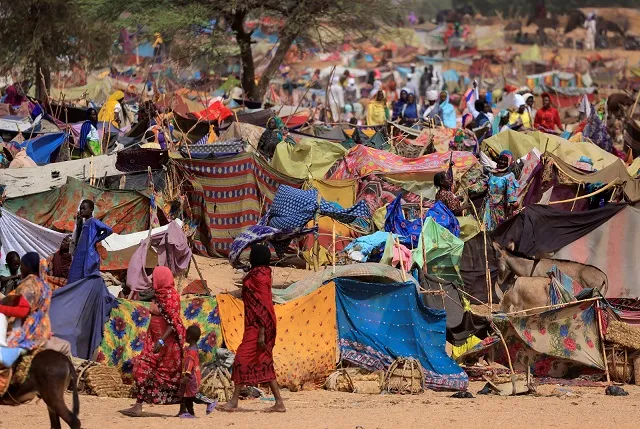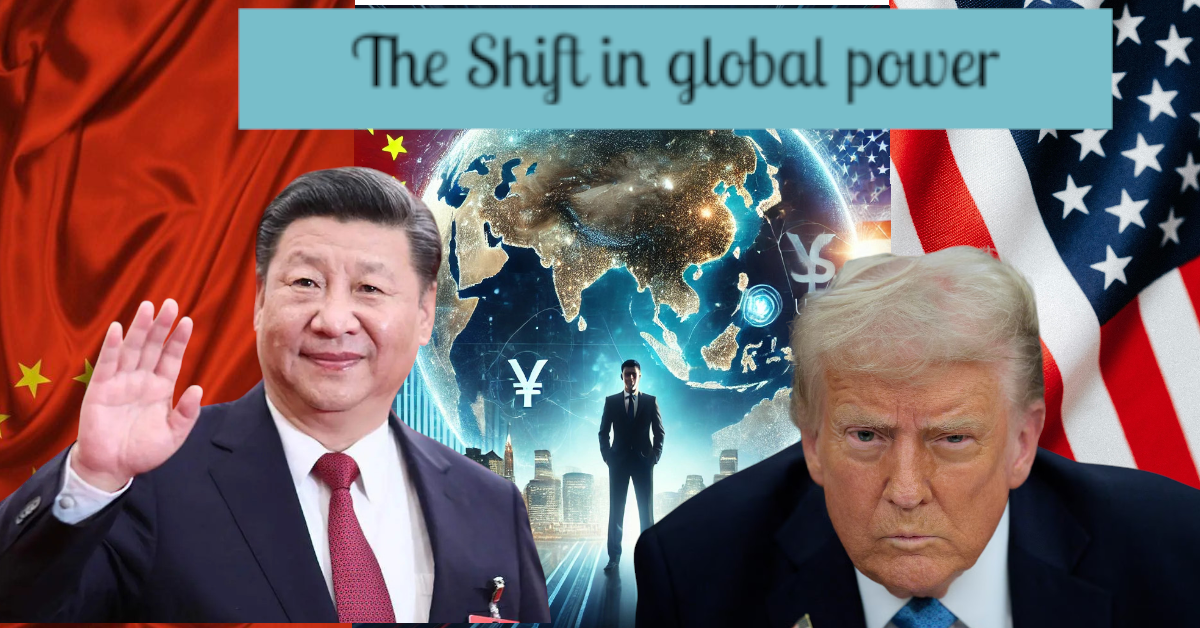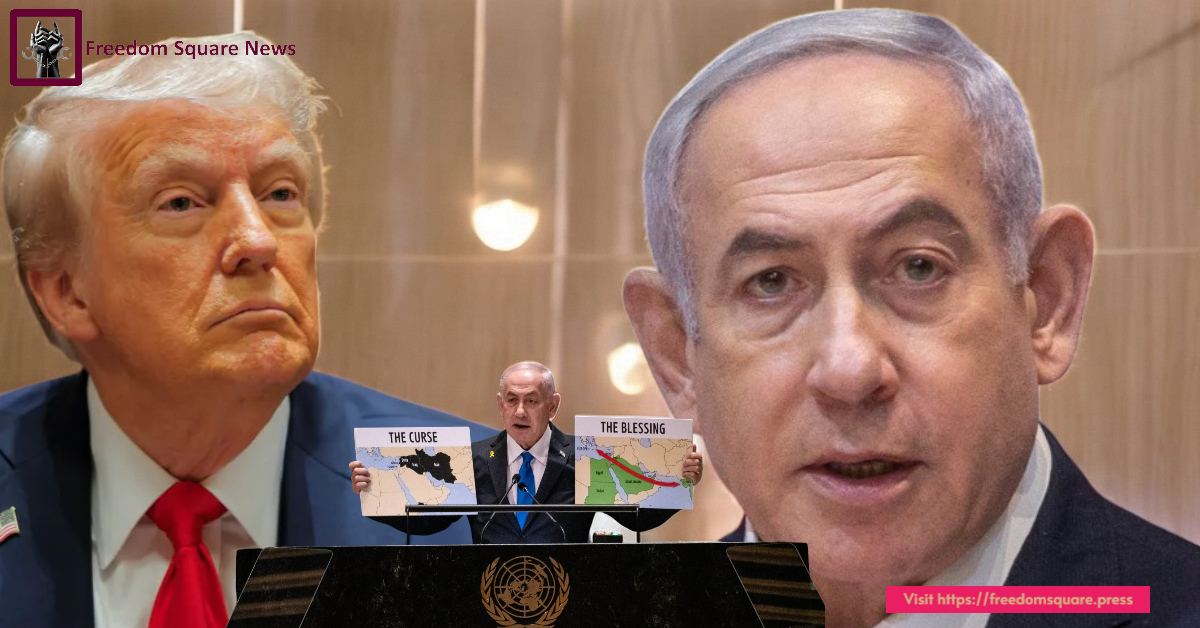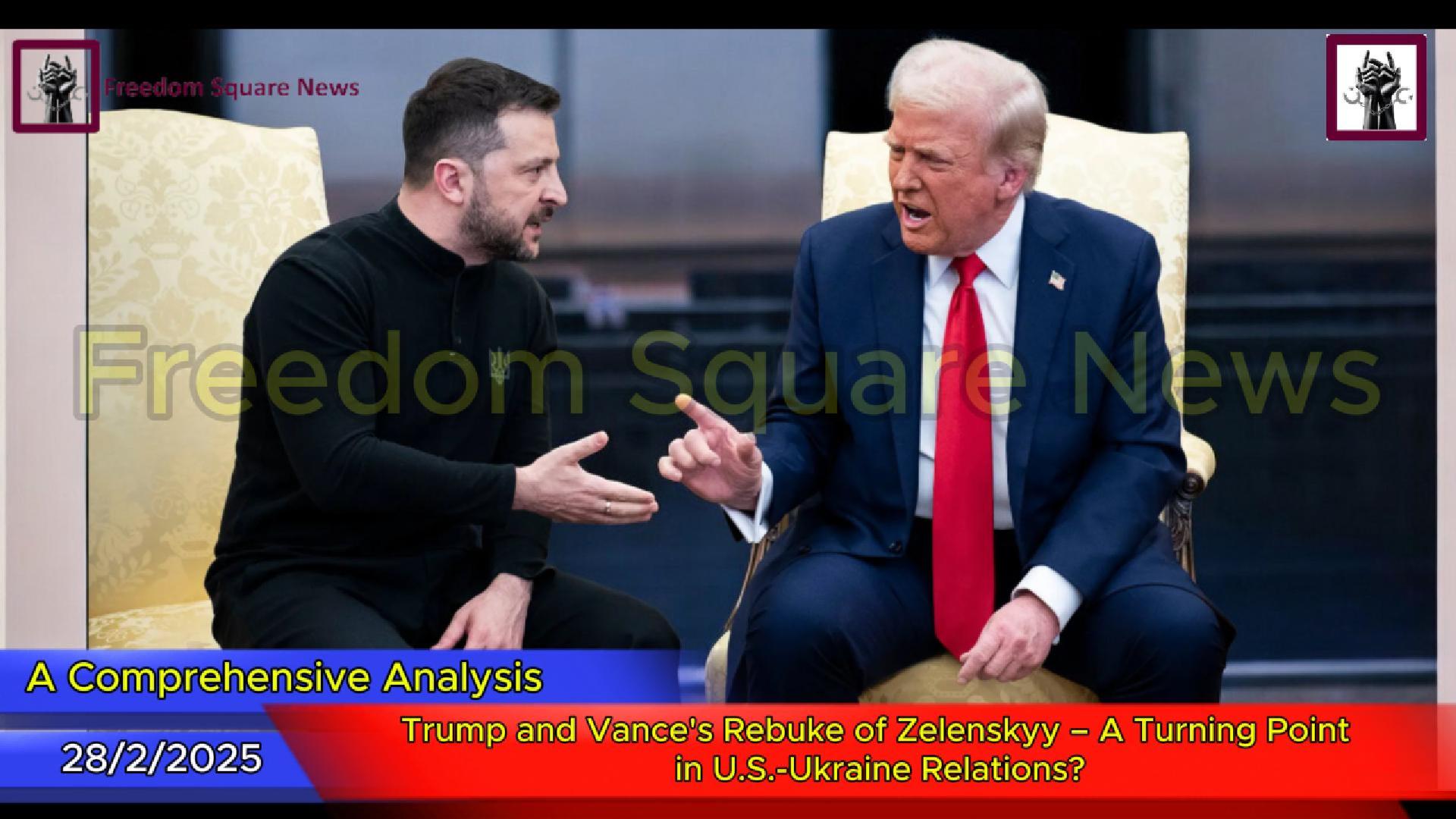A Hidden Crisis: Sudan’s Civil War Overshadowed by Global Priorities
In the heart of North-East Africa, Sudan is enduring one of the deadliest civil wars of our time. Since April 2023, a brutal conflict between the Sudanese Armed Forces and the paramilitary Rapid Support Forces (RSF) has torn through cities, villages, and communities, leaving tens of thousands dead and millions displaced.
Yet, for many, this devastating conflict remains hidden in the shadows—overlooked by the world and overshadowed by other global crises.
To understand the roots of this war, we must look back. Sudan, a nation burdened by decades of dictatorship under President Omar al-Bashir, finally glimpsed hope in 2019. After months of protests, Bashir’s rule ended, and the country set its sights on a new, democratic future.
But even as people celebrated, a quiet tension lingered. Sudan’s military still held immense power and had aligned with the RSF—a paramilitary group initially formed to suppress unrest. Together, they created a temporary unity that was always fragile, a partnership between rivals with deeply conflicting visions for Sudan’s future.
This fragile alliance shattered in April 2023, when tensions between the Sudanese Armed Forces, led by General Abdel Fattah al-Burhan, and the RSF, led by General Mohamed Hamdan Dagalo, erupted into full-scale war. What began as a power struggle quickly spiraled into widespread violence, leaving ordinary citizens to suffer the consequences.
The Unimaginable Suffering of Sudan’s People
The cost of this war extends beyond political power struggles. The people of Sudan bear the heaviest burden. The violence has displaced millions from their homes, and in its wake, famine, disease, and despair are spreading.
Refugees fleeing the conflict are finding themselves without food, water, or shelter. Children face malnutrition, hospitals lie in ruins, and humanitarian aid workers are often unable to reach those in desperate need. The scale of the crisis is unimaginable—over 62,000 lives have been lost, many due to the indirect impacts of war, from starvation to the collapse of essential infrastructure.
This crisis is not just a tragedy for Sudan; it’s a destabilizing force for the entire region. Neighboring countries like Chad, Egypt, and South Sudan are already feeling the strain as thousands of refugees cross their borders each day, stretching resources and stability to the breaking point.
Yet, unlike the conflicts in Ukraine or Gaza, Sudan’s civil war receives little diplomatic attention. International mediation efforts have been weak, and major powers seem uninterested in brokering a peace deal. Without strategic resources or clear stakes for world powers, Sudan remains low on the list of global priorities, despite the immense suffering of its people.
While the Sudanese people endure unimaginable hardship, the global media’s attention remains focused elsewhere. News coverage often prioritizes conflicts involving major geopolitical stakes, like the Ukraine war, which involves powerful nations and draws extensive media interest. Sudan, however, doesn’t pose an immediate threat to global powers, so it’s frequently overlooked by international media.
Moreover, Sudan’s crisis is complex, rooted in decades of political turmoil and power struggles. The story lacks a clear-cut narrative, making it harder for audiences to engage. Logistical challenges and safety concerns also prevent journalists from covering the conflict on the ground, further limiting international awareness.
But the lives lost in Sudan deserve the world’s attention. Behind every statistic is a person, a family, a story left untold. This is not just a war; it’s a humanitarian catastrophe affecting millions of innocent people.
Without global awareness, it’s as if their suffering doesn’t matter. The world must grasp the scale of this crisis, the desperation, and the resilience of the people of Sudan. Their voices need to be heard.
Injustice anywhere should be a call to action everywhere. By sharing Sudan’s story, we urge the world to care, advocate for peace, and amplify the voices of those in need.
You can make a difference. Share this story. Reach out to humanitarian organizations supporting Sudan. Advocate for peace in Sudan, and let’s work together to bring an end to this suffering. For in the heart of Sudan, a people’s cry for peace grows louder every day. Will the world finally listen?




